Here’s how foreign citizens can get PAID by the Russian government
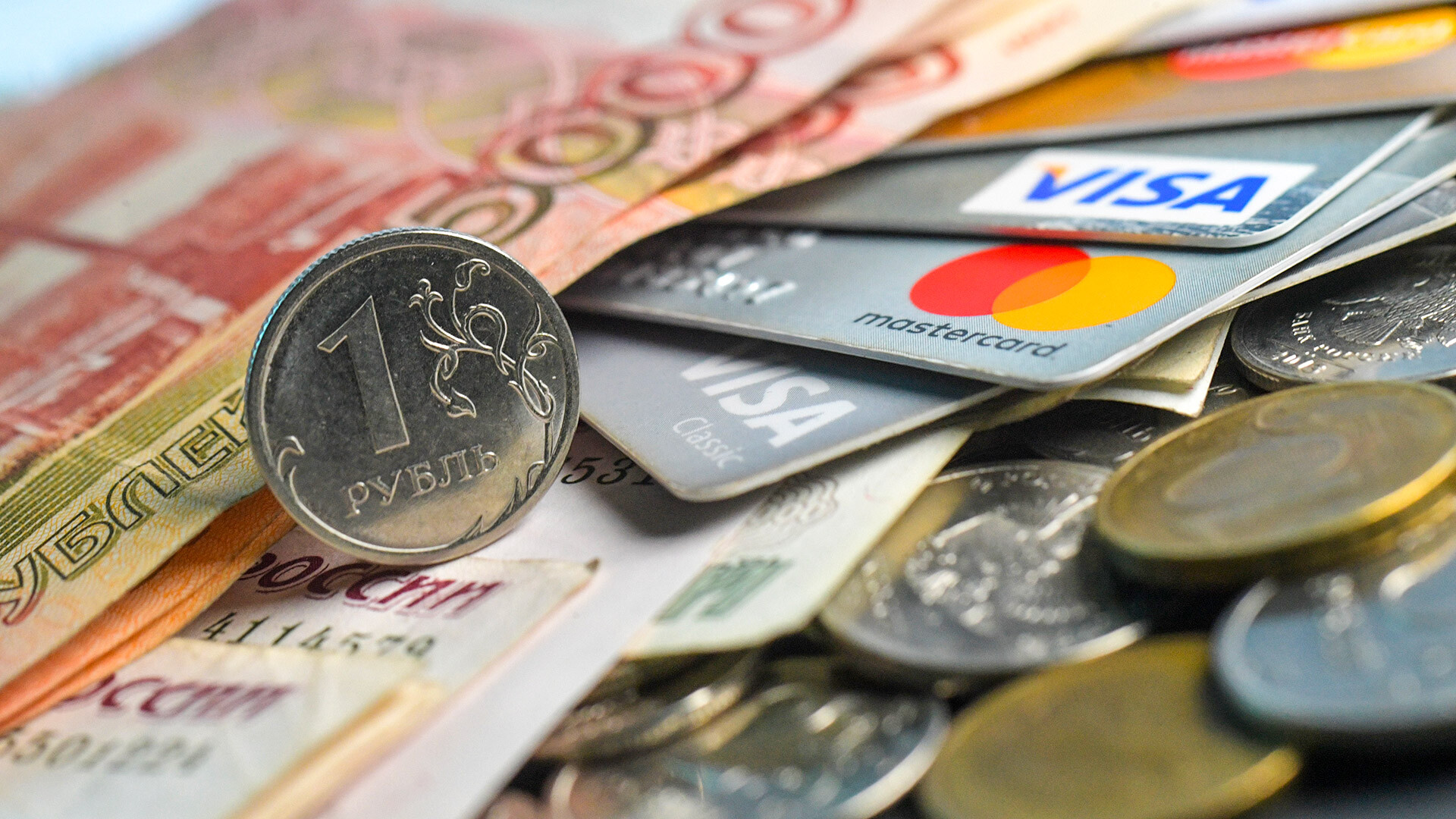
1. Maternity capital
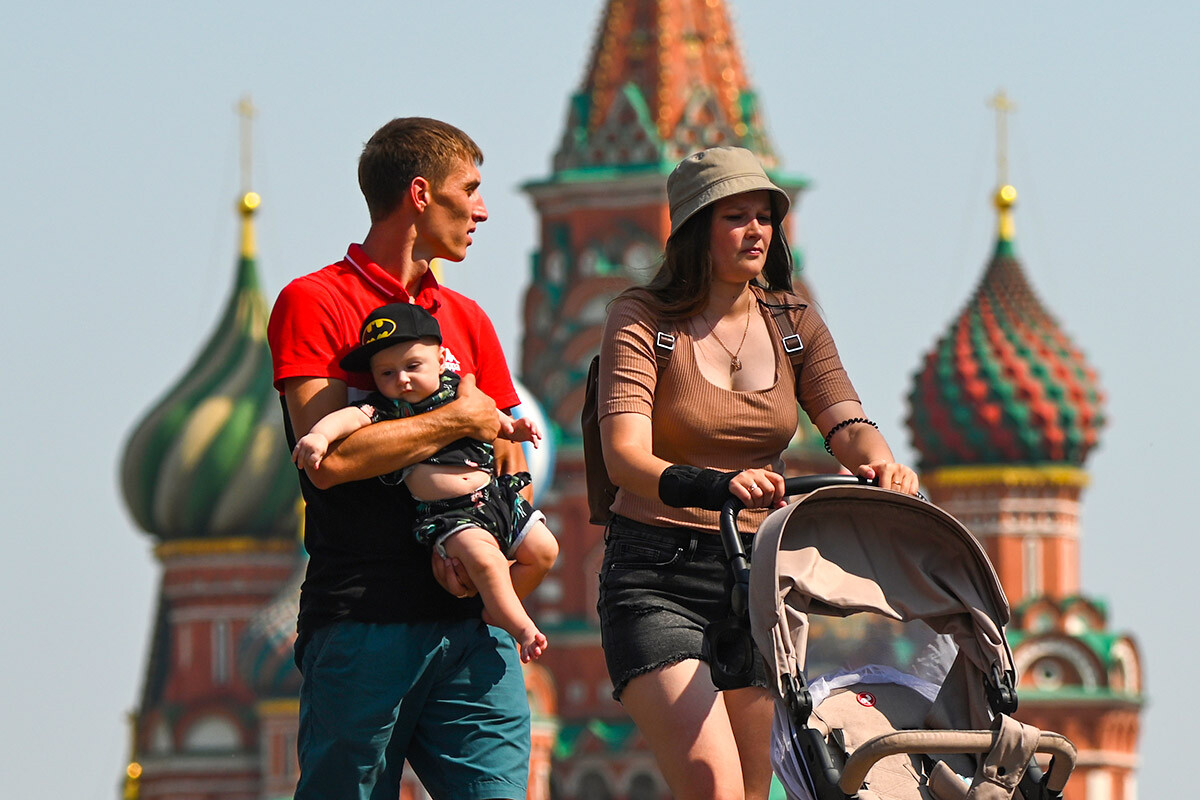
Maternity capital is a form of state support that is provided by the Russian government to families with newborn or adopted children. Currently, the payments are 587,000 rubles ($7,400) for the first child and 775,600 ($9,800) for the second.
Russian families are primary beneficiaries of this form of state support. However, families where one of the spouses is a foreigner are also eligible. Citizenship of a child’s mother and that of a child are primary criteria of eligibility. Both a mother and a child must be Russian citizens.
The citizenship of a father is irrelevant. Mixed marriages where a husband is a citizen of another country are eligible for this kind of state support, too. Besides, families may qualify for maternity capital support when they become naturalized Russian citizens, even if they weren’t when their children were born.
In some rare cases, a foreign male spouse of a Russian citizen can become the recipient of the maternity capital. This happens when the Russian mother of a child dies, commits a crime against her child or is deprived of parental rights by the court.
2. Child support
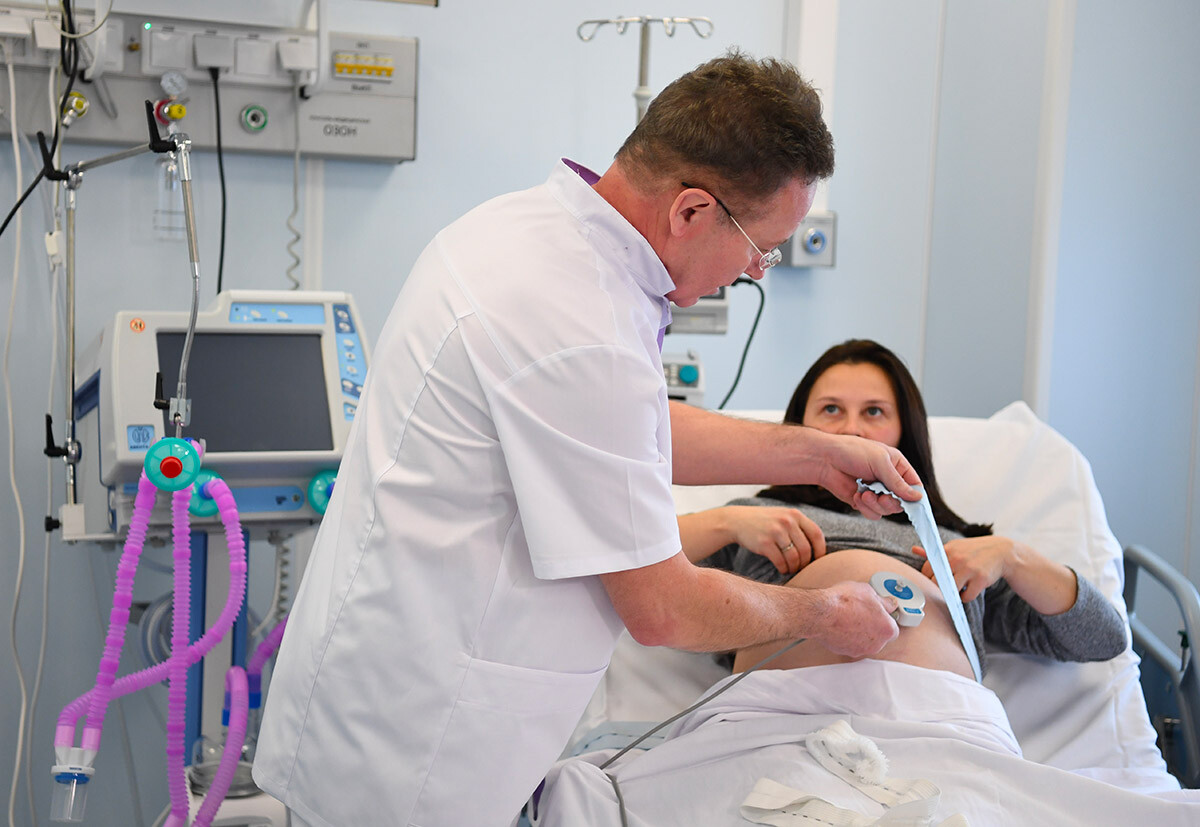
If a foreigner has a residence permit in Russia, he or she can be eligible for a number of social benefits provided by the state. This includes free medical care, but not only that.
A foreign female who has a residence permit in Russia can be eligible for the following:
– Pregnancy and birth-related allowance;
– A one-time allowance for registration with a medical institution in Russia before the twelfth week of pregnancy;
– A one-time allowance at the birth of a baby;
– A monthly allowance for the care of a baby up to 1.5 years old.
The amount of money paid varies from case to case depending on various factors, but, combined, these allowances can amount to over half a million rubles (approx. $7,600)
3. Tax deduction
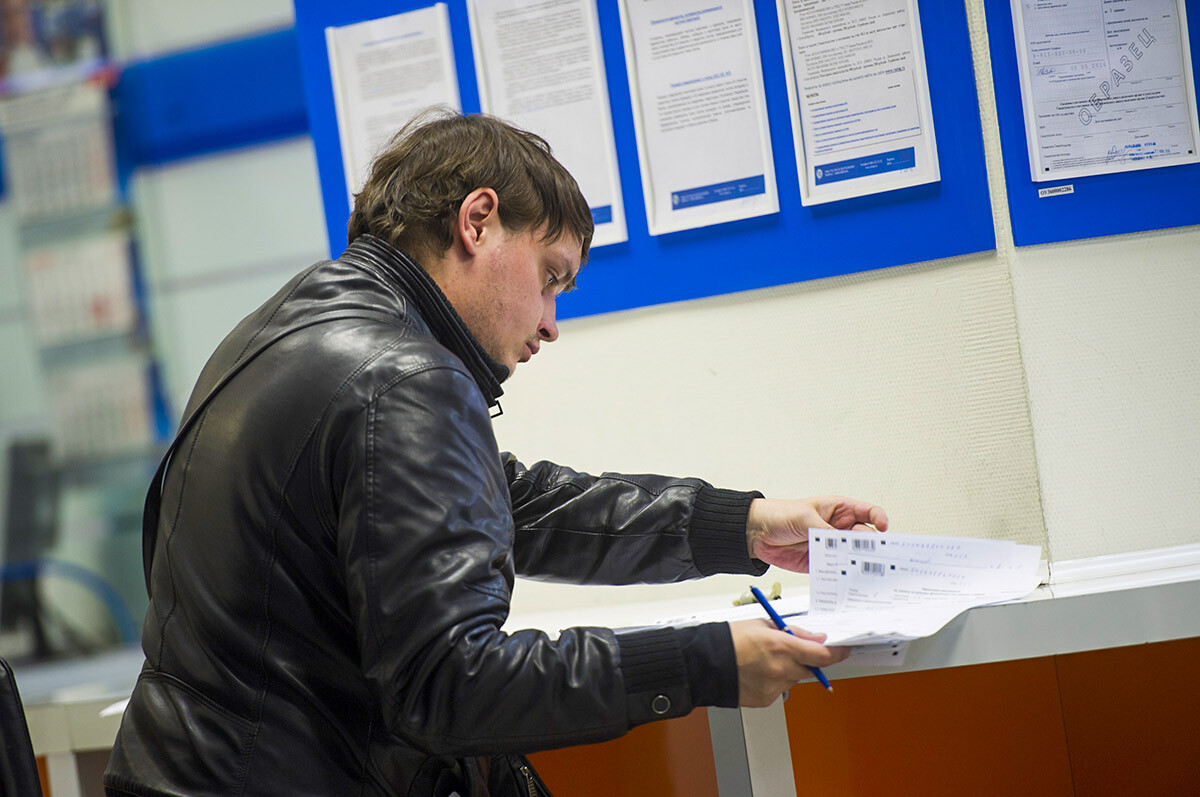
Tax deductions are available for tax residents of Russia, regardless of their citizenship. A foreigner who legally resides in the country at least 183 days a year and has a legal taxable income is eligible for this support measure of the Russian government.
Tax deductions are also available for people who buy or sell real estate or land [for house construction] in Russia, pay for education for themselves or their children in accredited institutions in Russia, pay healthcare bills, make regular contributions to a certain type of life insurance or voluntarily add money to their pension fund.
Also, residents who generate an income from investments on the Russian stock market through an individual investment account [a particular type of investment account that is contrasted to a brokerage account that does not offer the same benefits] or sell securities at a margin after owning them for at least three years – regardless of the account type they use – can also apply for a tax deduction.
4. Retirement benefits
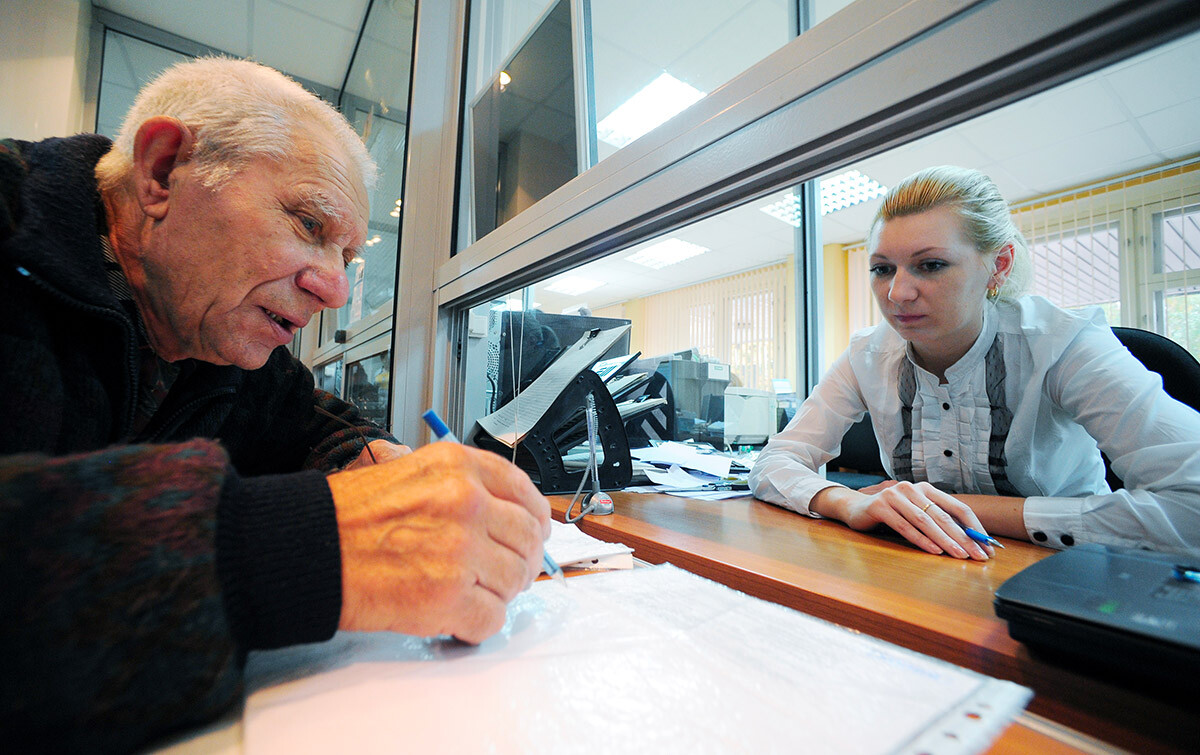
The Social Fund of Russia provides several types of retirement benefits. These include standard retirement benefits for the elderly, social pension, disability pension and pension provided to certain categories of people – like minors, dependent elders or incapacitated people – if they lose their source of income through the death of their parent/caretaker.
Foreign citizens who have a residence permit in Russia are eligible for all of these types of pensions. However, foreign citizens must meet certain conditions besides having a residence permit.
For example, foreigners who want to be eligible for retirement benefits for the elderly in Russia must have at least 15 years of documented work experience in the country and reach a minimum pension coefficient that is recalculated each year; recipients of the social pension must also live in Russia for at least 15 consecutive years. Applicants for the disability pension must provide supporting documents that are issued in Russia.

